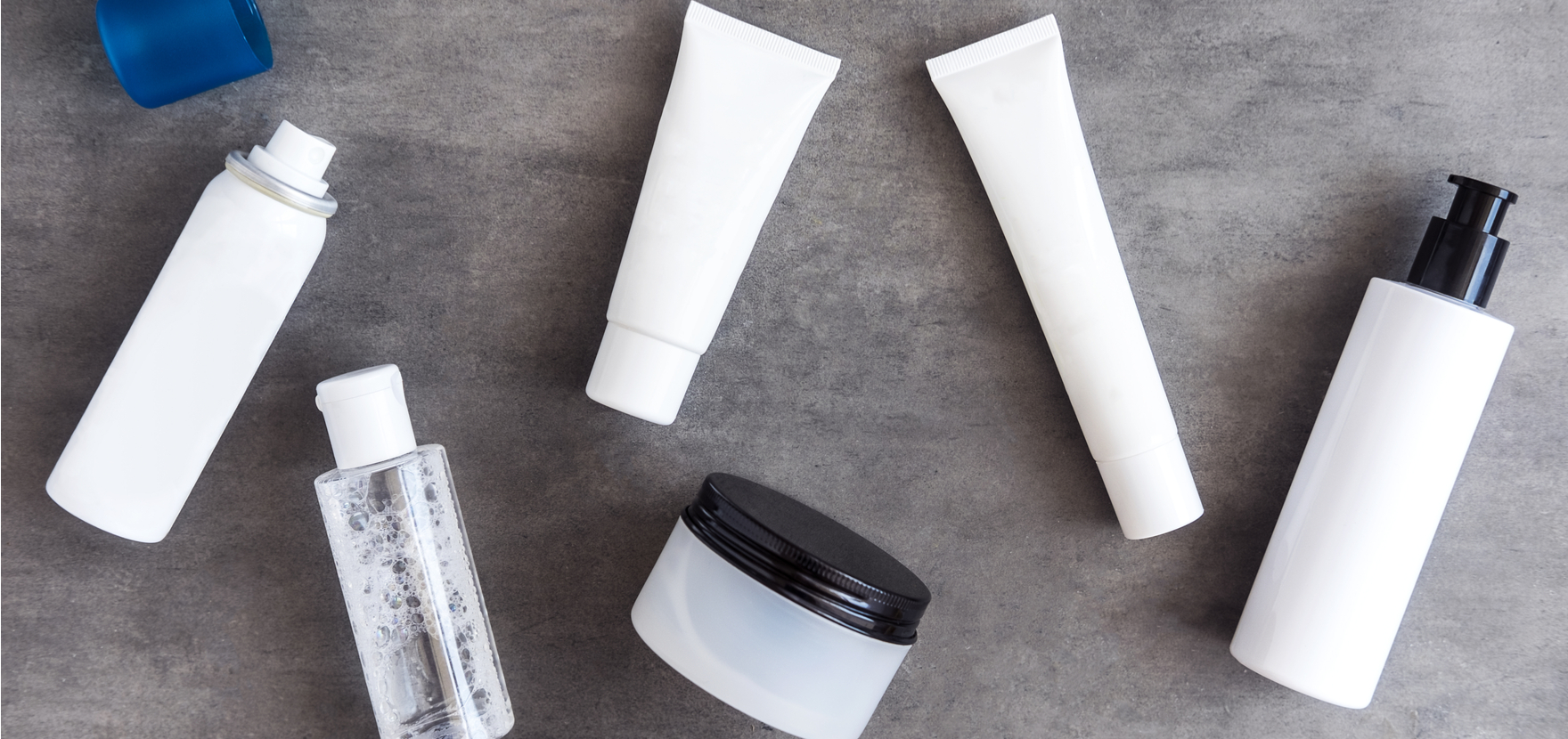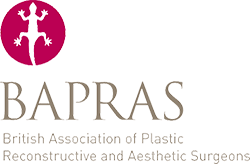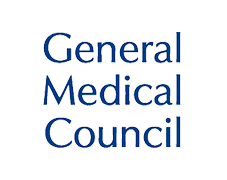 There are many effective ways to minimise scars from breast reduction surgery. In this article, we’ve summarised our top tips to minimising post-operative scars.
There are many effective ways to minimise scars from breast reduction surgery. In this article, we’ve summarised our top tips to minimising post-operative scars.
Breast reduction surgery scars are inevitable. You can ensure these are minimised from the start by doing your research, and following the correct advice.
Choosing your surgeon
Once you have decided you wish to go ahead with breast reduction surgery, choose your surgeon carefully. An accomplished and experienced surgeon will ensure that the incisions are as small as possible, are in the best possible place and will heal very well.
Understanding the procedure
Depending on what you want to achieve from your breast reduction, scarring will vary. If you wish to go down by one cup size only, the scarring will be smaller than if you wanted to go down several cup sizes, and also have a breast lift. Make sure you know exactly what your goal is with the surgery and talk to your surgeon about what the operation will involve. Good questions to ask are:
Where will the scars be?
How many will there be?
How big will the scars be?
Do they use drains? These can also cause scarring
Take a look at the clinics social media feeds to see if they have pictures of any of their patients pre and post operatively, so that you can clearly see their before and after photographs. On The Plastic Surgery Groups Instagram page @theplasticsurgerygroup you’ll see lots of before and after shots, you can read feedback from real patients and you can ask our surgeons questions about your procedure.
What will the scars look like
Scars from breast reduction surgery will vary from patient to patient, but usually are red and raised for several months to a year. These will eventually fade into white lines. Do bear in mind that every patient is different, so make sure you talk to your surgeon about this first. Scarring can be affected by a number of factors:
Your age
Your skin tone
Your genetics
Your skin condition and elasticity
Pre-surgical preparation
Your surgeon and clinical team will give you clear personalised instructions in advance of your operation. They’ll make sure you understand these fully and are clear on everything before going ahead. Don’t be afraid to ask questions, this is your operation!
At the Plastic Surgery Group, in order to ensure the best possible healing process, we insist that you:
Do not smoke or use electronic cigarettes
Avoid certain herbal supplements and/or medications
Avoid ibuprofen and aspirin as this thins the blood, and can lead to increased bruising
Post-surgical scar advice
After you’ve had your breast reduction surgery, the following advice will put you on the road to recovery, in the best possible condition and with the best possible results!
Immediately after an operation of any kind, make sure that you are well looked after at home by a friend or family member. This will ensure that you don’t have to strain yourself unnecessarily and that you don’t put any pressure on your stitches. They’ll also make sure you take any medication on time!
No matter how much you want to celebrate your new silhouette, remember to avoid alcohol as this can dehydrate the body, increase bleeding and reduce the effectiveness of any medication you may be on.
Keep your fluids up! Drink plenty of water and eat plenty of healthy protein-rich food to help with the healing process. Chicken, eggs, beans, milk and nuts are ideal.
You must avoid smoking as this will slow down the healing process, and potentially lead to scarring.
Your surgeon will advise when you will be able to shower (probably 2-3 days after surgery) but soaking in the bath or going swimming should be avoided for several weeks, until all the incisions have healed up fully.
Any strenuous activity should be avoided for a month after your operation. This includes any excessive stretching or reaching, to avoid damaging your internal stitches.
Any sun bathing should be avoided until the incisions have completely healed up. After they are healed, always wear sun screen as UV rays can darken new scars and make them more noticeable.
Wear your chest bandages and surgical bra until your surgeon says it is OK to stop.
6 weeks later …
Once the incisions have healed up fully, the internal stitches have dissolved, and your surgeon has given you the OK, there are a few extra measures you can take to promote good scar healing:
Silicone sheeting, which are bandages with silicone in them, can hydrate the area. This keeps your skin more flexible and reduces the chance of pain, itching and other issues.
Taking Vitamin E supplements or applying Vitamin E cream is shown to improve scarring.
Evidence shows that gentle and regular self-massage of scars can help promote collagen and improve skin flexibility, whilst also decreasing discomfort.
DON’Ts
Scrub the scars
Itch or scratch the scars
Use over the counter scar reduction treatments without speaking to your surgeon first, as these might irritate the area and make the scar worse




